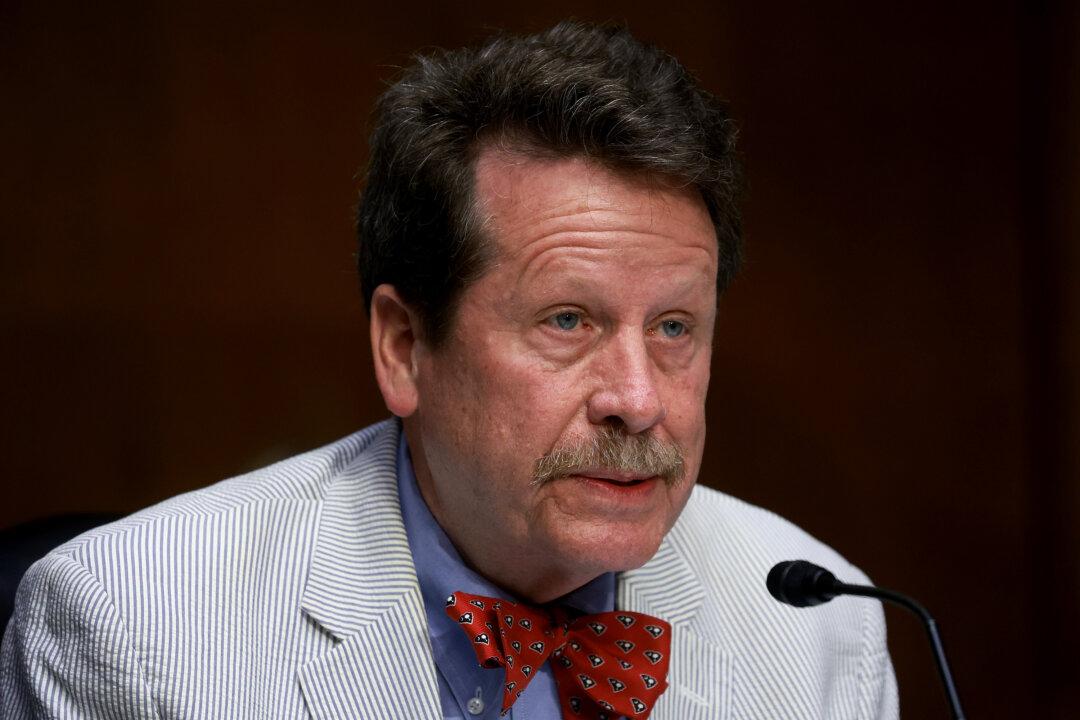Top U.S. Food and Drug Administration (FDA) officials are countering an adviser’s position that young, healthy people do not need the updated COVID-19 vaccine boosters.
Drs. Robert Califf and Peter Marks pointed to a study that analyzed the immune response from 12 people after receiving one of the updated boosters, compared with 23 people who received one or more old boosters. The paper found a small increase in neutralizing antibodies, which are believed to protect against COVID-19.





